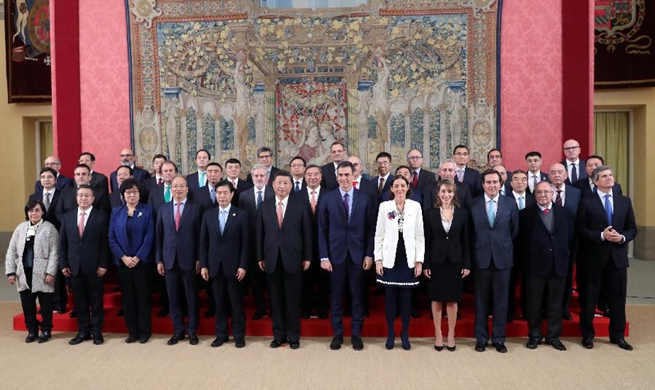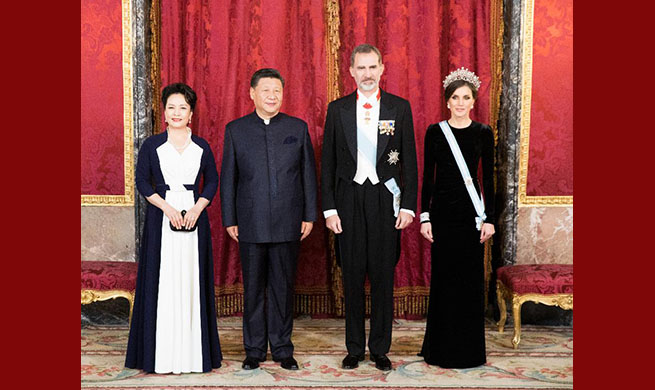CHICAGO, Nov. 29 (Xinhua) -- Rapid adoption of paying for consumer goods with a smartphone is disrupting consumers' spending patterns and consumption habits, and affecting the overall transaction amount and frequency of purchases, a research involving the University of Illinois (UI) expert shows.
By studying data from Alipay, China's most popular mobile payment platform, as well as using a unique data set from one of the largest banks in China, which contained the transaction data from personal computer, offline and mobile payment channels, UI researchers found that on average the total transaction amount increased by 2.4 percent after the adoption of the mobile payment channel, and that the total transaction frequency increased by more than 23 percent.
The results indicate that the mobile channel acts as a substitute for the offline channel or paying with a physical credit card, and as a complement to paying online on a personal computer. After the adoption of Alipay, the total transaction amount decreased by 3.9 percent for the physical card channel; but increased by 0.3 percent for the personal computer payment channel.
"Once consumers adopt mobile payment and integrate it into their daily lives, it effectively replaces the credit cards in their wallets," said Yuqian Xu, a professor of business administration at UI. "It's the future of how consumers will pay for small-ticket items, which means you will see fewer and fewer people carrying actual, physical credit cards in the coming years. They'll just carry their phones. It's more convenient and it merges payment channels."
The researchers also found that the adoption of the mobile payment channel is associated with increased hedonic shopping motivations.
"Switching to the mobile channel leads to more shopping overall, and it particularly affects more hedonistic shopping such as food, entertainment and travel," Xu said. "But it doesn't affect purchases like education or health care. So it's changing consumer behavior."
The greatest impact came on less costly items that are purchased frequently, such as beverages and movie tickets.
"If you're in an industry with a high number of transactions or transaction frequency, it's really in your best interest to get ahead of the curve and embrace the mobile channel," Xu said.
The UI research is conducted in cooperation with the Stern Business School of New York University and China's Nanjing University.













